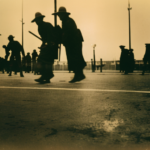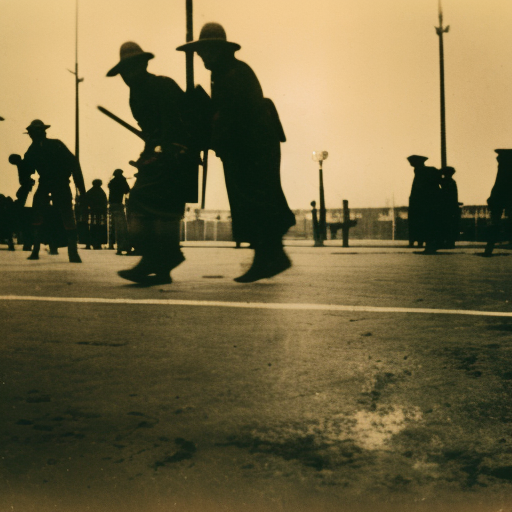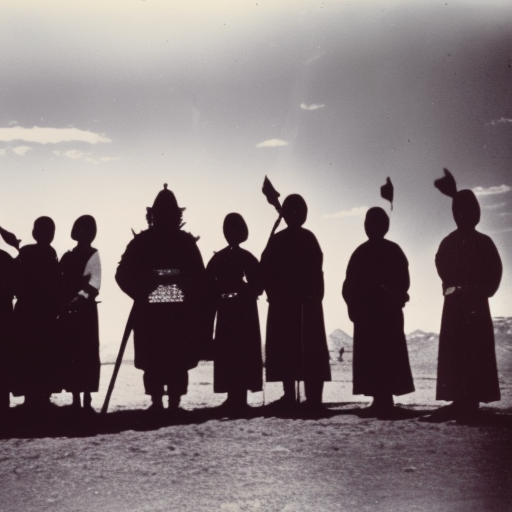The Boxer Rebellion (1899-1901)
The Boxer Rebellion was a violent uprising in China that took place from 1899 to 1901. It was a response to foreign influence and the spread of Christianity in China. The rebellion was led by a secret society called the Society of Righteous and Harmonious Fists, known as the Boxers. The Boxers were a group of Chinese nationalists who opposed foreign imperialism and sought to rid China of foreign influence.
The Boxer Rebellion began in northern China, particularly in the Shandong province, where the Boxers were most active. The Boxers targeted foreigners, Christian missionaries, and Chinese Christians, viewing them as symbols of foreign influence and a threat to Chinese traditions and culture. They believed that by practicing their martial arts and performing rituals, they could make themselves invulnerable to bullets and other forms of harm.
The rebellion quickly spread to other parts of China, with the support of some elements within the Chinese government. The Qing Dynasty, which ruled China at the time, was weak and divided, and many officials sympathized with the Boxers’ anti-foreign sentiments. However, not all Chinese officials supported the rebellion, and some even tried to suppress it.
Foreign powers, including Britain, France, Germany, Russia, Japan, and the United States, responded to the Boxer Rebellion by forming an international coalition known as the Eight-Nation Alliance. The alliance sent troops to China to protect their citizens and interests. The foreign forces faced significant challenges in suppressing the rebellion due to the vastness of China and the guerrilla warfare tactics employed by the Boxers.
The conflict escalated into a full-scale war, with the foreign forces eventually capturing Beijing, the capital of China. The Qing government was forced to sign the Boxer Protocol in 1901, which imposed harsh terms on China. The protocol required China to pay a large indemnity to the foreign powers, allowed for the permanent stationing of foreign troops in China, and granted extraterritorial rights to foreign nationals.
The Boxer Rebellion had significant consequences for China. It further weakened the Qing Dynasty and exposed the country’s vulnerability to foreign powers. The rebellion also led to increased demands for political and social reforms within China, as many Chinese intellectuals and reformers saw the rebellion as a wake-up call for the need to modernize and strengthen the country.
The Boxer Rebellion also had implications for the foreign powers involved. It highlighted the limitations of their influence in China and the need for a more coordinated approach to dealing with Chinese nationalism and anti-foreign sentiment. The rebellion also contributed to a shift in the balance of power in East Asia, with Japan emerging as a major regional power.
In conclusion, the Boxer Rebellion was a violent uprising in China that aimed to rid the country of foreign influence. Led by the Boxers, a group of Chinese nationalists, the rebellion targeted foreigners and Chinese Christians. The rebellion was eventually suppressed by an international coalition of foreign powers, leading to the signing of the Boxer Protocol. The rebellion had significant consequences for China and the foreign powers involved, highlighting the need for political and social reforms and reshaping the balance of power in East Asia.












